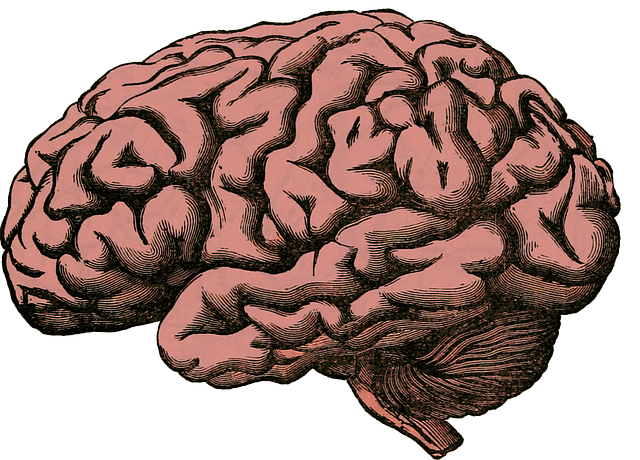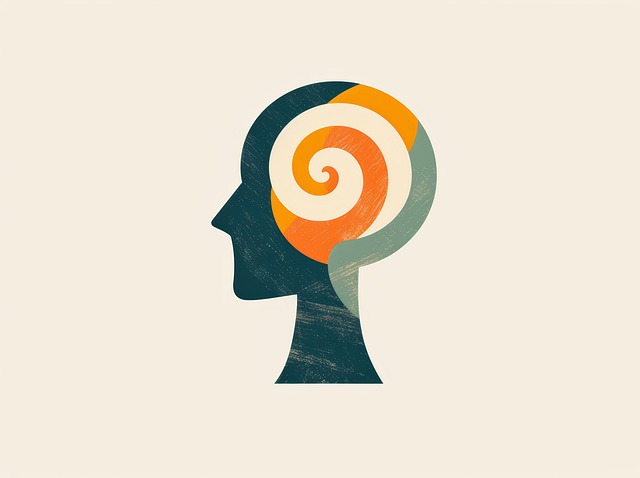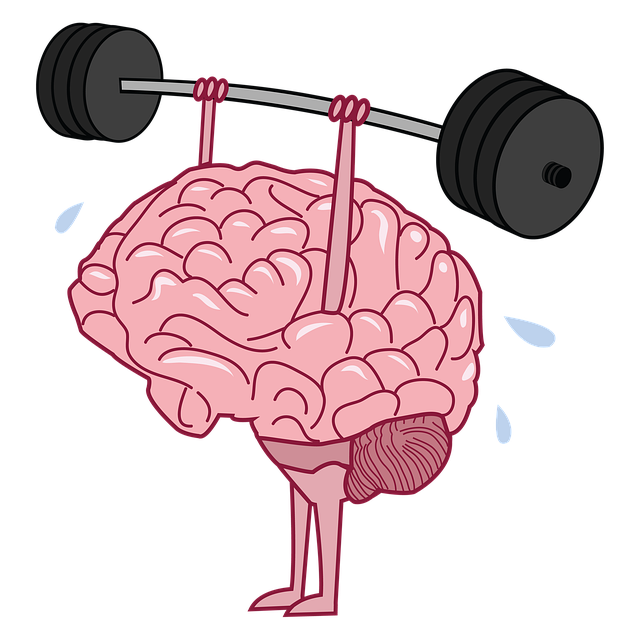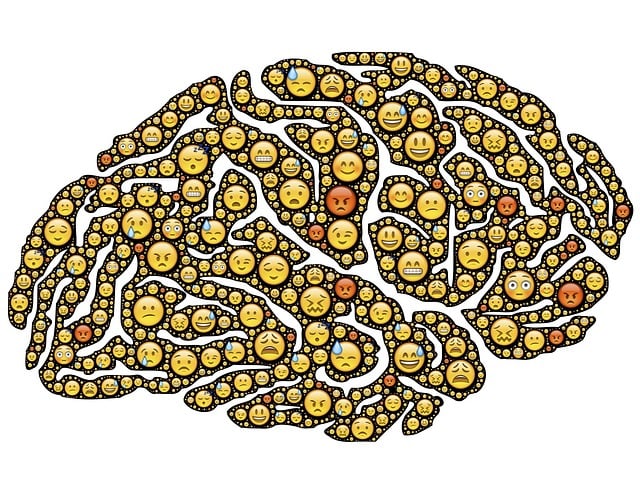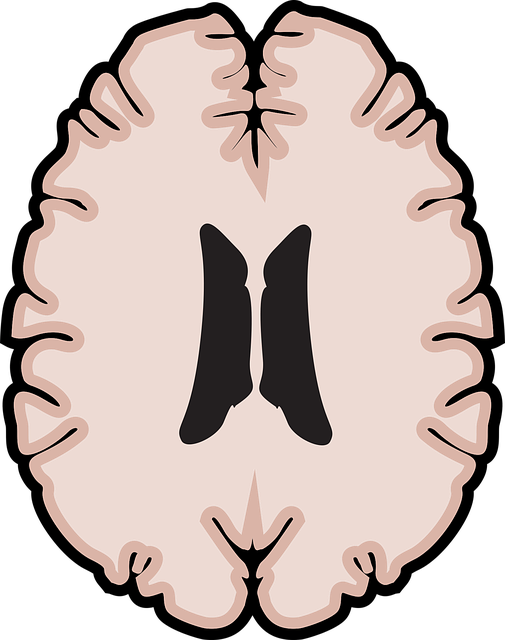Cultural competency in healthcare, as guided by the Broomfield Framework, is enhanced by addressing patients' spiritual-religious issues, improving holistic treatment outcomes and patient satisfaction. Training programs focusing on resilience building and empathy equip medical professionals to respect diverse cultural practices and beliefs, fostering effective communication and nurturing environments that cater to both physical and mental wellness. This comprehensive approach, integrating compassion cultivation and mental health awareness, creates inclusive, supportive spaces where patients from all backgrounds receive tailored, effective care, transforming healthcare services in Broomfield and beyond.
In today’s diverse healthcare landscape, cultural competency is no longer an optional skill but a necessity. This article explores essential training for healthcare providers, focusing on the Broomfield Framework to enhance patient care in a multicultural society. We delve into spiritual and religious considerations in therapy, addressing unique Broomfield needs while presenting effective training strategies that can revolutionize healthcare delivery locally and globally, ensuring inclusive and empathetic care for all patients.
- Understanding Cultural Competency in Healthcare: The Broomfield Framework
- Spiritual and Religious Considerations in Therapy: Addressing Broomfield's Unique Needs
- Effective Training Strategies for Healthcare Providers: Enhancing Care in Broomfield and Beyond
Understanding Cultural Competency in Healthcare: The Broomfield Framework

Cultural competency in healthcare is a critical aspect that goes beyond treating the physical body; it involves understanding and respecting patients’ diverse spiritual-religious beliefs, cultural backgrounds, and values. This concept is beautifully encapsulated by the Broomfield Framework, which emphasizes the importance of addressing spiritual-religious issues as a core component of patient care. By integrating this framework into healthcare provider training, professionals can enhance their ability to offer holistic treatment, focusing not just on physical symptoms but also on the intricate web of cultural and spiritual factors influencing patients’ mental wellness.
The Broomfield Framework provides a structured approach to navigate the complex landscape of cultural competency. It encourages healthcare providers to explore various dimensions, including religious practices, cultural norms, and personal values, which can impact an individual’s health and healing process. Through this framework, medical professionals gain valuable tools for effective communication strategies, enabling them to bridge the gap between diverse patient populations and high-quality healthcare services. By addressing spiritual-religious issues alongside traditional therapy techniques, such as mood management, healthcare providers can create a more inclusive and nurturing environment, ultimately improving patient outcomes and satisfaction.
Spiritual and Religious Considerations in Therapy: Addressing Broomfield's Unique Needs

In Broomfield, addressing spiritual and religious considerations in therapy is a unique yet crucial aspect of healthcare provider cultural competency training. Many individuals have deeply held beliefs and values that can significantly impact their mental health and overall well-being. For instance, some may seek therapy to address personal struggles but also require understanding and respect for their faith-based practices or rituals as part of their healing process. Healthcare providers who are culturally competent in this area can offer a safe and supportive environment, fostering open dialogue about Broomfield’s diverse spiritual-religious issues.
Mental Health Education Programs designed with an emphasis on resilience building and empathy-focused strategies play a pivotal role. By learning to recognize and respect various cultural practices, healthcare professionals can bridge the gap between therapeutic approaches and personal beliefs. This sensitivity ensures that individuals from all backgrounds, including those with specific religious or spiritual considerations, receive effective care tailored to their unique needs.
Effective Training Strategies for Healthcare Providers: Enhancing Care in Broomfield and Beyond

In enhancing healthcare services in Broomfield and beyond, effective cultural competency training plays a pivotal role. This involves equipping healthcare providers with strategies to address diverse patient populations, including those with spiritual-religious issues. One powerful approach is integrating compassion cultivation practices into training curricula. By fostering empathy and understanding, these practices enable providers to connect more deeply with patients from varied backgrounds, thereby improving communication and care.
The incorporation of mental health awareness and mind over matter principles further enriches the training. Mental health is a crucial aspect of overall well-being, especially when considering spiritual-religious issues. Teaching healthcare providers about the interplay between mental and physical health empowers them to offer holistically informed care. This comprehensive approach not only enhances patient outcomes but also creates a more inclusive and compassionate environment in Broomfield’s healthcare landscape.
Healthcare provider cultural competency training, particularly focusing on Broomfield’s diverse population, is a vital step towards enhancing patient care. By understanding spiritual and religious considerations in therapy, as outlined in the Broomfield Framework, healthcare professionals can navigate sensitive topics effectively. Implementing tailored training strategies ensures that providers are equipped to address not just Broomfield’s unique cultural landscape, but also to improve patient outcomes across various communities. This comprehensive approach is a game-changer in providing inclusive and compassionate care for all.
